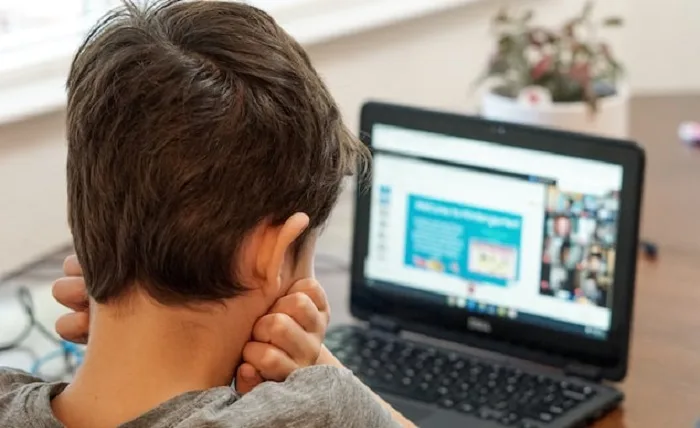In our modern, technological world, children are growing up with unprecedented access to the internet. While this access can be a valuable educational tool, it also comes with risks. That’s why it’s crucial for parents and guardians to set rules on internet access for children. In this blog post, we will explore the reasons why establishing these guidelines is essential for the well-being and development of young minds.
Ensuring Online Safety
The internet can be a vast and sometimes dangerous place. Children may inadvertently stumble upon inappropriate content or interact with strangers who have malicious intent. By setting rules on internet access, parents can create a safe online environment for their children. This includes using parental control software such as a K12 Chromebook monitoring tool to ensure that children are only exposed to age-appropriate content.
In a world where children have access to information at their fingertips, it’s vital to strike a balance between exploration and protection. Parental control tools allow parents to track their child’s online activities, offering peace of mind while respecting their growing independence. These tools enable parents to set filters, block harmful websites, and monitor social media interactions, all of which contribute to a safer online experience.
Managing Screen Time
Excessive screen time can have detrimental effects on a child’s physical and mental health. Setting limits on internet usage helps children strike a healthy balance between online and offline activities. Parents can encourage outdoor play, reading, and face-to-face interactions by establishing rules that restrict screen time during specific hours of the day.
In today’s hyper-connected world, it’s easy for children to lose themselves in screens, potentially neglecting other essential aspects of their development. By setting clear boundaries on screen time, parents promote a well-rounded lifestyle that includes physical activity, social interactions, and opportunities for creative expression. These limits not only protect their child’s health but also nurture their imagination and interpersonal skills, ensuring a more holistic and balanced upbringing. Balancing screen time with other activities is fundamental in helping children grow into well-adjusted individuals who can thrive both in the digital and physical realms.
Fostering Responsible Digital Citizenship
Teaching children about responsible internet use is a crucial life skill. By setting rules, parents can educate their kids about the importance of respecting others’ privacy, avoiding cyberbullying, and understanding the consequences of their online actions. These rules can also instill a sense of accountability in children, helping them become responsible digital citizens.
Furthermore, fostering digital citizenship at an early age equips children with essential skills for the future. It encourages empathy, critical thinking, and effective communication online. As children grow into responsible digital citizens, they contribute to a safer, more respectful online community, ensuring that the internet remains a valuable resource for knowledge and connectivity.
By nurturing responsible digital citizenship, parents help their children develop the skills and values needed to thrive in the digital age while fostering a sense of responsibility towards themselves and others in the online world.
Protecting Personal Information
Children often lack the awareness to protect their personal information online. Rules about not sharing personal details, such as full names, addresses, or contact information, can prevent them from becoming targets of identity theft or online predators. Parents should educate their children about the importance of safeguarding their privacy on the internet.
Encouraging Learning and Creativity
While setting rules is essential for safety, it should also support children’s learning and creativity. Parents can establish guidelines that promote educational content, limit access to distracting websites during homework time, and encourage the use of online resources for research and learning purposes. This approach helps children harness the internet’s potential for positive growth.
In our world, digital devices are an integral part of daily life, setting rules on internet access for children is not about restricting their freedom but rather providing guidance and protection. It is a proactive measure that ensures their safety, fosters responsible digital citizenship, and encourages a healthy balance between online and offline activities. By using tools judiciously and combining them with open communication, parents can empower their children to navigate the digital landscape safely and responsibly. In doing so, they equip them with essential skills for the future while preserving their well-being in the present.



